
An athletic 25-year-old whose back pain was misdiagnosed as sciatica died from bone cancer less than a year after a “grapefruit-sized” tumour was found in her pelvis.
Kate Drummond was “fit and healthy” when in 2020 she began to experience bad back pain, but she initially put this down to “poor posture” or working out too much, according to her 33-year-old sister Kelly Drummond.
After the pain radiated to her hip, Kate was diagnosed with “probable sciatica” after visiting the A&E department of her local hospital in Devon in May 2021 – and Kelly said it was noted she was “one of the youngest patients (doctors) had ever seen” with the condition.
After going on to seek an MRI scan through private care, Kate was given the “life-altering” news she had a “grapefruit-sized” tumour in her pelvis in August 2021.
She underwent treatment for several months but deteriorated “rapidly” in January 2022 as the disease quickly spread to “almost every part of her body”, including her lungs, liver and other bones.
Kate died in March 2022 in hospital and her sister Kelly is sharing her story for the first time to urge others to “listen to your body” and “advocate for yourself”.

“We’d be silly to not assume that things could have been slightly different had she been diagnosed sooner,” Kelly, a personal trainer from Devon, told PA Real Life.
“When Kate’s tumour was found it was large, they described it as grapefruit-sized and it was suggested she may have had cancer in her body for up to two years.
“What started as some lower back pain turned into cancer within a matter of days, which then turned into multiple cancerous tumours in almost every part of her body – the rapid progression was shocking.
“Kate’s story shows just how unpredictable cancer is and clearly, early diagnosis has been shown time and time again to save lives.”
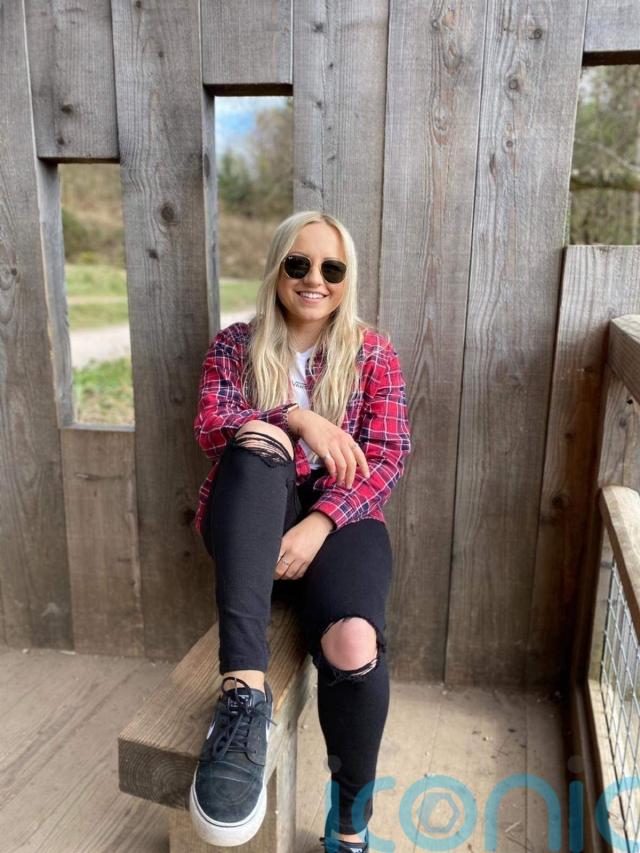
Kelly said Kate, who worked in customer care for a local company, first noticed something “wasn’t quite right” in the late summer of 2020 when she developed “intermittent” lower back pain.
“She put this down to working from home, it was the Covid pandemic, and she thought this was due to poor posture or a slightly uncomfortable working set-up,” Kelly said.
“By January 2021, the pain was more persistent and she had some new pain radiating into her hip as well.”
Kelly said Kate thought the new pains could be because of changes in her workout routine and potentially “over-training”.
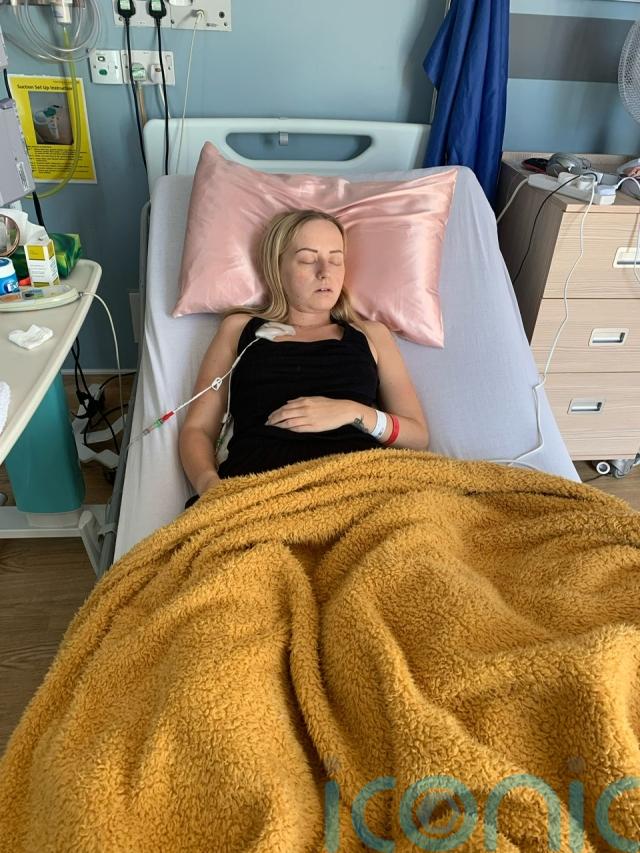
By April that year, however, the symptoms worsened and her hip was “warm to touch” and showed “slight swelling”.
Kelly said Kate started to seek help from her GP, who prescribed her with pain killers, before she had a blood test in May 2021 which revealed an indicator for inflammation was “considerably elevated”.
Kate was sent to A&E at a local hospital, which Kelly did not wish to name, on May 27 2021, where she had further blood tests and an X-ray, and was told it was probably sciatica – a common condition where pain is felt in the leg when the sciatic nerve, which runs down from the lower back, is irritated or compressed.
“They noted she was one of the youngest patients they had ever seen with this condition, particularly that extreme,” Kelly said.

She added during this time Kate’s pain was worsening, she was “struggling with everything” and her mobility began to decline.
A spinal physiotherapist became concerned with her symptoms, Kelly said, and Kate decided to take her care private to have an MRI scan.
On July 7 2021, Kate was informed the scan had revealed a large tumour in her pelvic region with numerous deposits on her spine.
After having a biopsy at Birmingham Hospital, Kate was diagnosed with Ewing sarcoma, a rare cancer that can start in the bones or soft tissue, on August 3 2021.

It was found “in a matter of weeks” the disease had spread to Kate’s lungs, liver, skull, jaw and other bones in her body.
“The news was life-altering, mainly for Kate, but also for her friends and family,” Kelly said.
“I felt shock and disbelief, but also a bit of guilt as well as you think ‘could I have done more to push her to seek help sooner?’
“It all felt really unreal and it shouldn’t happen to someone so young, especially someone so fit and healthy.”
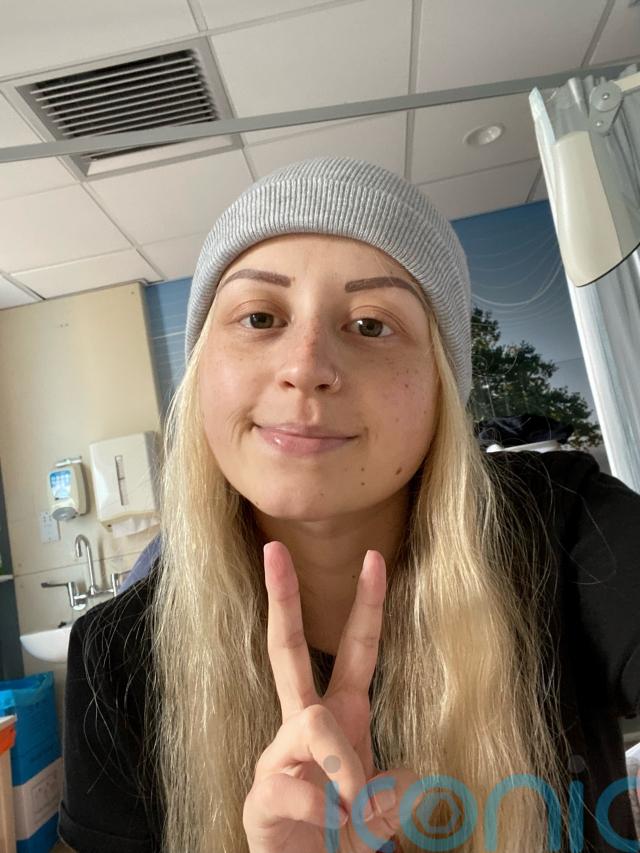
Kate was given emergency radiotherapy and began a course of chemotherapy treatment for several months, where Kelly said she showed signs of improvement.
“She remained so strong and so positive the whole time, it was beyond us and we will never understand it,” Kelly said.
She added Kate’s health “rapidly declined” from January 2022 as her liver and kidneys started to shut down from the disease.
“It just all changed from there, it was a rapid downward spiral that kind of came out of nowhere,” Kelly said.
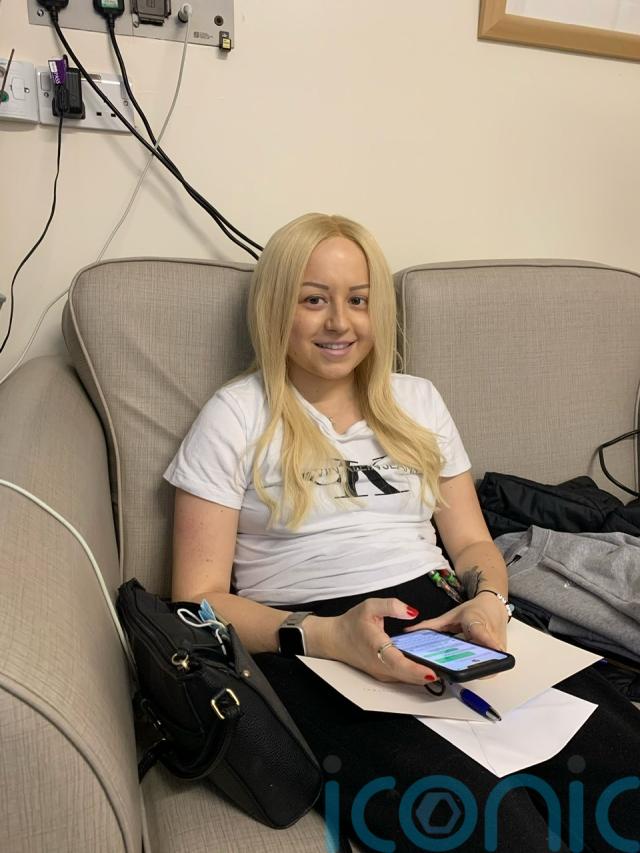
Kate died on March 17 2022. Kelly said she and her family members are still struggling to process the loss.
“Kate was never meant to die, it was an aggressive cancer but she was never given a terminal diagnosis until the last few weeks,” she said.
“It just shows how very, very suddenly things can change.”
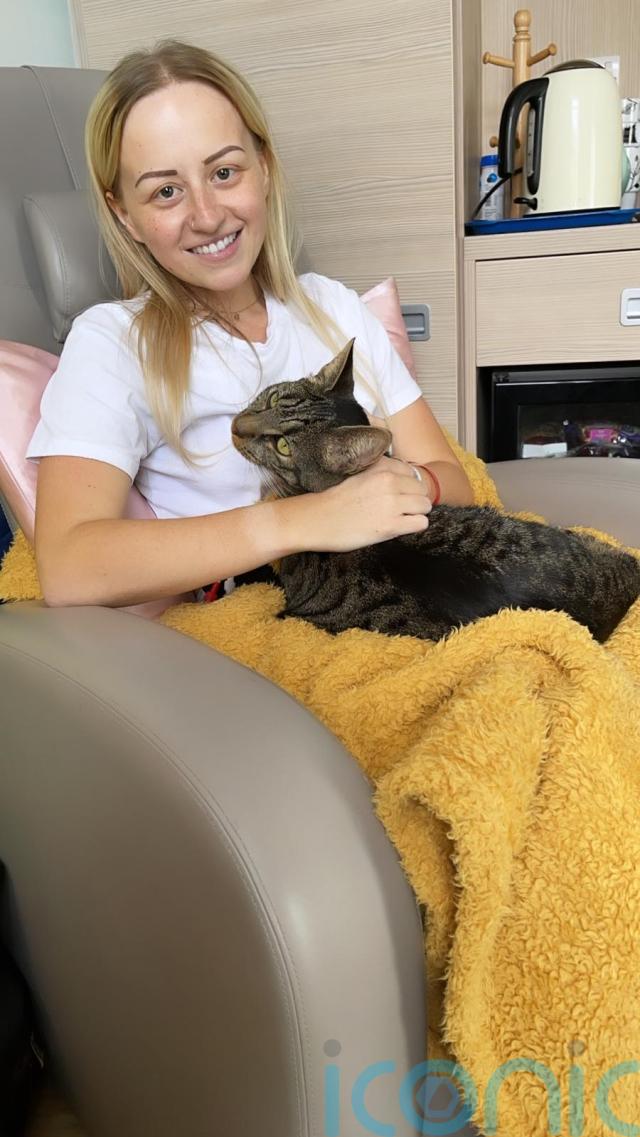
Kelly said Kate’s message would be to “listen to your body” and “advocate for yourself”.
“She would also want to encourage people to make the most of your life that you’re lucky to have,” Kelly added.
“Don’t wait, and laugh more, I think she would say.”
Kate’s family and friends continue to honour her in their day-to-day lives by aiming to live for the moment and be more present.
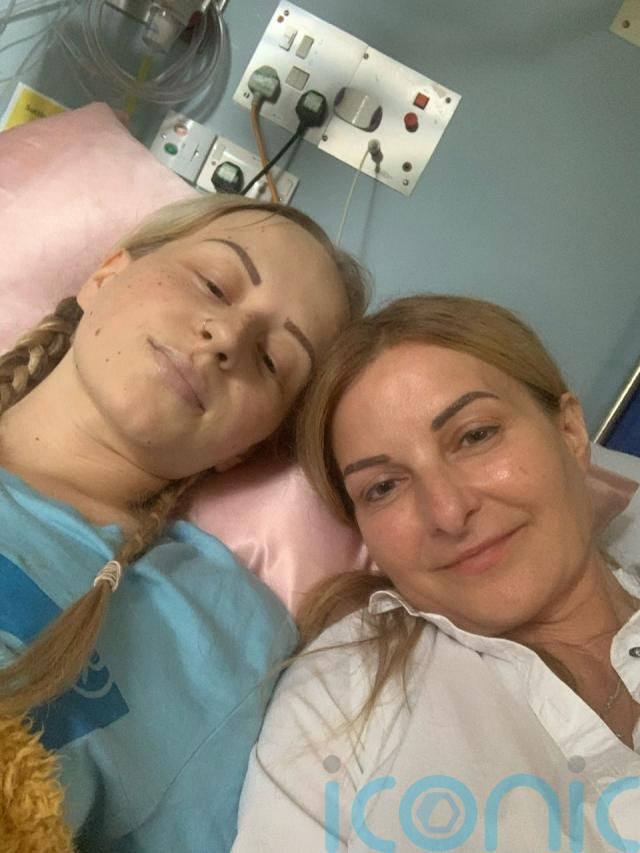
“Kate was the most kind and considerate person and people were just generally drawn to her, she was really warm,” Kelly said.
“She had really good wit and she was just hilarious – she had this amazingly infectious laugh.
“We all say her laugh is what we miss most about her.”
April marks Teenage and Young Adult Cancer Awareness Month for the Bone Cancer Research Trust, the UK’s leading charity for primary bone cancer.
To find out more, visit their website here: bcrt.org.uk
Subscribe or register today to discover more from DonegalLive.ie
Buy the e-paper of the Donegal Democrat, Donegal People's Press, Donegal Post and Inish Times here for instant access to Donegal's premier news titles.
Keep up with the latest news from Donegal with our daily newsletter featuring the most important stories of the day delivered to your inbox every evening at 5pm.